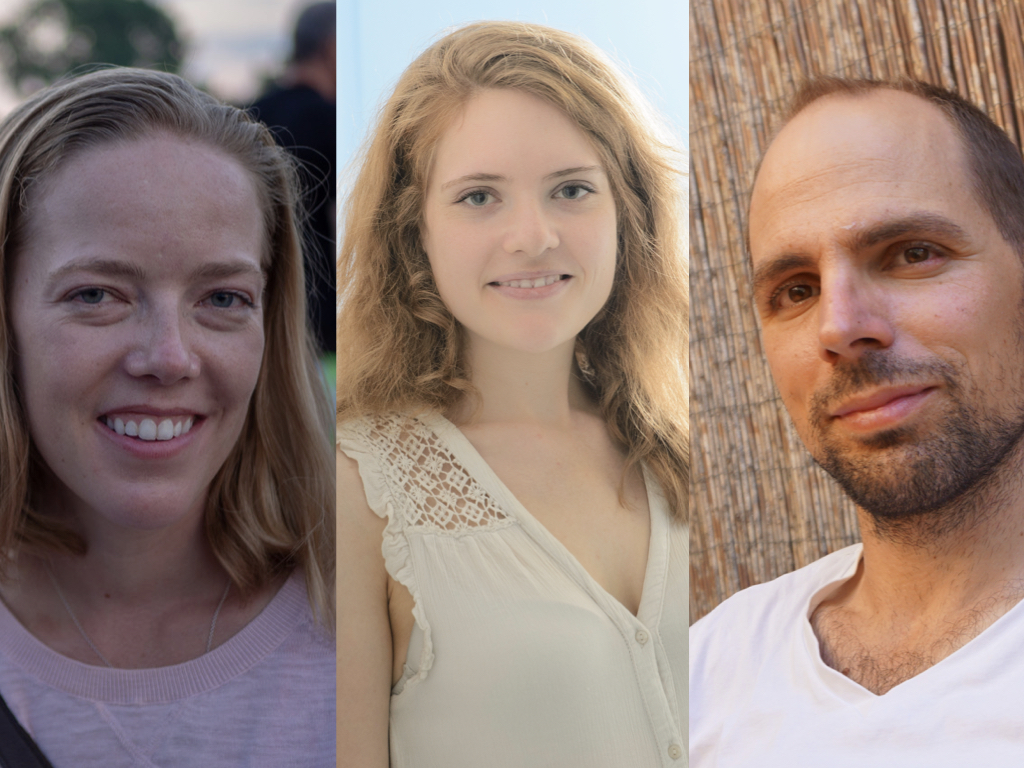CASCB Early Career Researcher introductory talks
Time
Monday, 4. November 2019
11:45 - 12:45
Location
M629
Organizer
CASCB
Speaker:
Bernadette Denk, Blair Costelloe, Irenaeus Wolff
This event is part of an event series „Seminar Series of “.
For this CASCB seminar, three early career researchers from CASCB will present their research in short talks.
Bernadette Denk: Benadette is a PhD student in Jens Pruessner´s group in the Department of Psychology at the University of Konstanz. She is currently working on the spread of stress in the collective.
Investigating stress contagion in humans: is stress contagious?
Under which conditions does the stress others feel impact our own psychophysiological state? How does stress contagion impact our performance as individuals or in a team? Which individual factors predict vulnerability to stress contagion? Many questions surrounding empathic stress and its physiological correlates remain to be investigated. In the current project we plan to shed some light on these questions. This talk is meant as a contribution to the broader discussion about how stress contagion can be measured using endocrine and autonomic markers. Further, the talk touches upon the topic of relevant outcome variables of human performance.
Dr Blair Costelloe: Blair is a postdoctoral fellow in the Department of Collective Behaviour at the Max Planck Institute of Animal Behavior. She is a behavioral ecologist who studies free-ranging antelope in Kenya, and is currently leading the HerdHover project.
Herd Hover: Revealing individual and collective visual fields in wild zebra herds using drone-based imaging
In the Herd Hover project, we are using drones and computer vision to study the collective behavior of wild ungulates (hoofed animals) in Kenya. We are interested in understanding how individuals collect information from their social and physical environment, and how this individual sampling affects information flow and the detection of threats at the group level. In this talk I’ll give a quick overview of the project, including our motivating questions, the tools we use, and the types of data we have. I’ll also spend some time discussing my current challenge of figuring out how to reconstruct animals’ visual fields.
Dr. Irenaeus Wolff: Irenaeus is a postdoctoral researcher in Urs Fischbacher’s Applied Research in Economics group in the Economics Department at the University of Konstanz. His research interests include models of bounded rationality, behavioural public choice, evolution of institutions and cooperation, and evolutionary biology.
Human Primates on the Ladder' and a Test of the Technology-Norms Hypothesis - A Sketch of Two Projects
In this short presentation, I set out to talk briefly about some central concepts for the project - "culture" and "social norms", to go on and showcase how we study them, using two projects as examples. In the first project, we set out to study the passing on of norm-enforcement norms - and were surprised how badly that works under what looks like favourable circumstances. The second example is a prospective project in which I want to study a long-standing hypothesis - that facing a high-variance earnings/food-production technology will lead to the establishment of a sharing norm.

